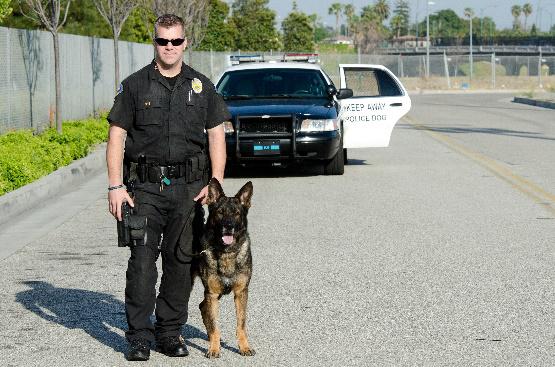May 29 2023
By: Shawn M. Galloway
A rail company once employed a baboon who was paid twenty cents a day and half a bottle of beer each week. This was in 1881. In 2022, a company was exposed for and admitted to employing children to perform one of the most dangerous jobs in slaughterhouse plants.
James "Jumper" Wide, a Cape Town-Port Elizabeth Railway Service signalman, got his nickname because he frequently jumped between moving railcars. Performing this dangerous act finally caught up to him when he fell and lost both legs. Still needing work and mobility being an issue now, in 1881 he purchased and trained a Chacma baboon, Jack, to push his wheelchair and eventually operate the signals on the railways under his supervision.1 After the railway assessed Jack's competency, he was hired, and the interesting compensation package began.  Widely reported, Jack never made a single mistake during these nine years of employment before he died in 1890.
Widely reported, Jack never made a single mistake during these nine years of employment before he died in 1890.
Children and animal usage in work were common. While animals are still used today in many aspects of our lives (law enforcement, agriculture, film, etc.) here in the United States, Congress passed the child labor law in 1938.
Revealed in a 60 Minutes episode in April 2023, PSSI (Packers Sanitation Services Incorporated), the nation's largest slaughterhouse cleaning contractor, was confirmed to have employed 102 children ranging in ages from 13-17 to work overnight shifts performing dangerous services of removing blood and cleaning sharp equipment used in the slaughter process at thirteen plants in eight states. Recently settling a lawsuit brought by the DOL (Department of Labor), PPSI "did not dispute the finding that it hired children. PSSI promised not to do so in the future and agreed to regular audits. The company paid the maximum fine of $1.5 million&hellips;" The DOL also stated that the number of children employed was likely "much higher" than the 102 they could confirm.
While, in general, we have evolved in our thinking and practices, that doesn't make us immune to poor decisions today. Let us not fall into a false sense of comfort, where we perceive the inconceivable would never make their way into today's workplaces, when in fact, they occasionally still do. Be brave to call them out when you see them. It might be an uncomfortable or thankless task, but you are doing the right thing, and that is precisely what is needed to keep our values.
"Never, never be afraid to do what's right, especially if the well-being of a person or animal is at stake." — Martin Luther King Jr.
"If we can't begin to agree on fundamentals, such as the elimination of the most abusive forms of child labor, then we really are not ready to march forward into the future." — Alexis Herman
"It is hard to imagine a more stupid or more dangerous way of making decisions than by putting those decisions in the hands of people who pay no price for being wrong." — Thomas Sowell
Source 1: Jack (baboon). In Wikipedia.

Shawn Galloway, CEO of ProAct Safety, is an expert in safety excellence. With almost thirty years of experience, he is a highly sought-after advisor, keynote speaker, and expert witness. Shawn has become a trusted partner to leading organizations across various industries worldwide. He ranks in the top 1% of the most prolific writers in his field, having authored over 500 articles and several bestselling books. He also launched the world's first safety podcast, Safety Culture Excellence©. As a recognized authority in safety, Shawn has received awards such as being named among the Top 50 People Who Most Influence EHS and a Top 10 Speaker, among others.
He is a regular guest on Bloomberg, Fox News, The Daily Mail, Dubai One, U.S. News & World Report, Sirius Business Radio, Wharton Business Daily, and leading safety magazines and podcasts. Shawn also serves as a member of the Harvard Business Review Advisory Council, Forbes Business Council, and Fast Company Executive Board, enabling his influence to shape safety thinking and strategy at the executive level.
